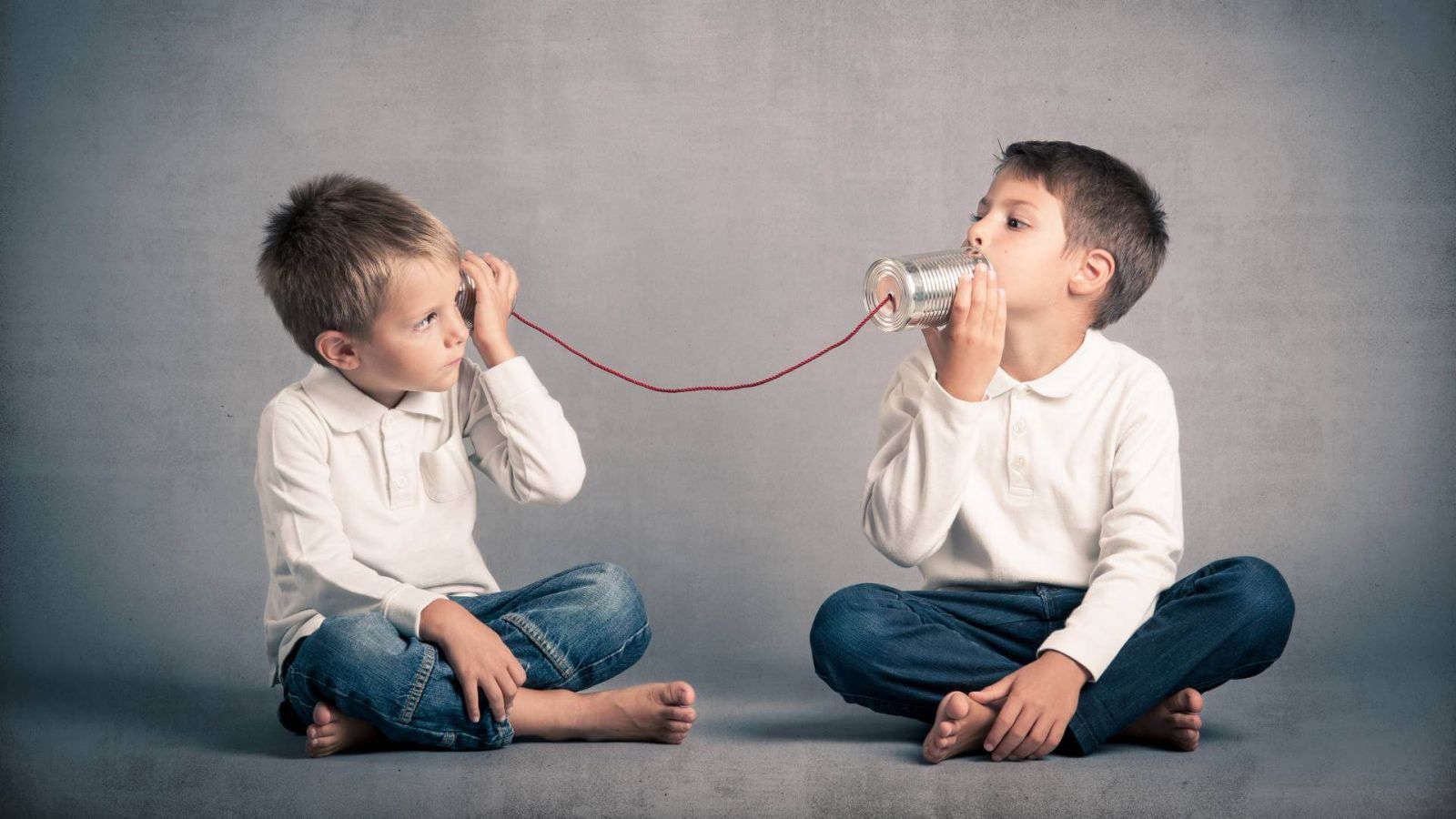Separation anxiety is a disorder in which the affected person expresses extreme distress when separated from the home or from the person with whom they have a close relationship, such as a parent. This disorder can develop in children as young as six months old. Often, the fear of separation causes strong resistance to going to school or starting childcare. Sometimes, it interferes with social activities and functions in daily life that require being away from a parent. It can be so overwhelming that even the idea of leaving your home can make you feel sick. When it feels like the world is set against you, being separated from loved ones can bring on more anxiety. There are ways to ease the stress and worry for both of you to help deal with this distressing situation.
5 Tips For How Parents Can Help With Their Childs Separation Anxiety
- Share time.
You and your child must share the same space and time at regular intervals. If you know that you both have the same interests, then a weekly schedule for spending the day together may be helpful. Taking a short trip to visit a specific location or theater or going online to watch favorite shows on TV can relieve your child's separation anxiety symptoms. You can also plan outings on grandparents' day, family days, holidays, or fun days like ice cream trips. To make your child feel more secure, you can also take a walk together and play games.
- Acknowledge the problem.
Children who experience this disorder often feel that the world is getting under their parent's feet, and a parent should try to assure them that it is okay for them to want to spend more time with you. By showing that you are aware of the situation, they will feel more secure knowing that you know how they feel and their needs. You mustn't try to solve the problem by simply ignoring your child's cries when they are upset. Instead, it would help if you made it clear to your child that you understand their distress and do everything possible to help them.
- Agree on certain special times together.
Be sure to consider your child's schedule and plan your outings with them when they are required to be somewhere else. Assure them that they can make up for the later time with you in another activity or event. It is essential not to reschedule essential appointments and commitments, as this could cause a drastic shift in your daily routine. The best way to deal with this situation is to make a schedule early on.
- Help them cope with the situation.
The key here is to help your child cope with the situation at school or other activities they must attend. You can do it by giving them a way to communicate from afar, such as telephone calls or texting. You can also help by providing a calendar of your schedule and theirs, which you can post together as a reminder. Having an agreement on phone time is also helpful in reducing anxiety and helping ease separation anxiety symptoms.
- Suggest alternatives for activities.
If your child feels anxious about it, suggest changing the location of their outing by rearranging the schedule, choosing a different destination, or thinking about where to go on a given day. If your child does not feel comfortable going alone and you can attend, offer to take them to places like school and activities with friends. You can help by suggesting other activities to keep them out of trouble.
Separation anxiety can strain any relationship between you and your child, especially if it prevents them from going to school or getting along with others. But with the proper treatment, it is possible to overcome this disorder. If your child feels that they cannot cope with separation anxiety on their own, ask their doctor for advice and help. It is important to remember that the treatment will be individualized depending on the severity of each kid's condition. And if you are worried about your child's behavior, you can always talk to their school counselor or teacher for advice.


